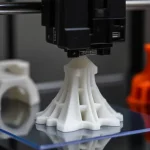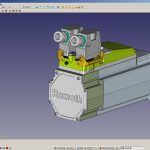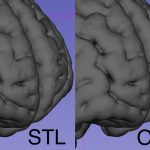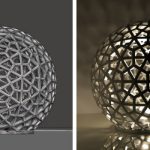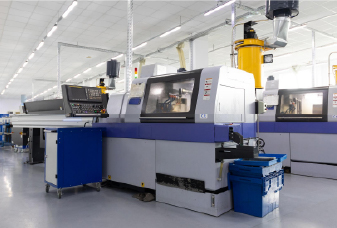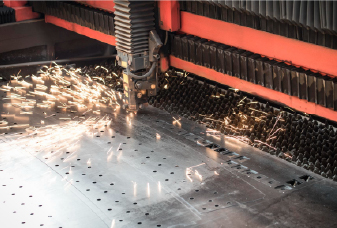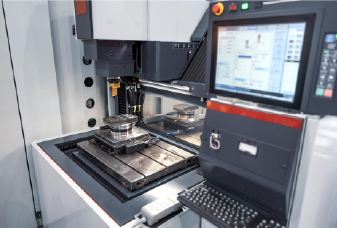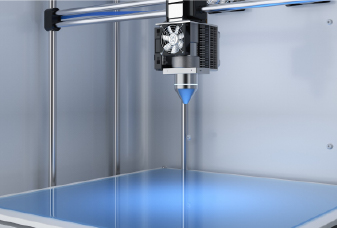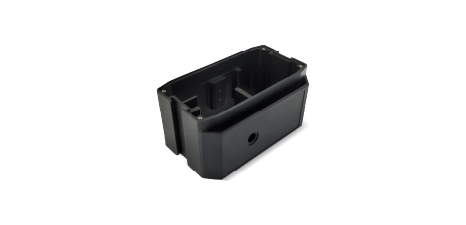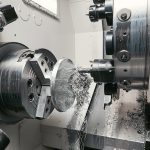English
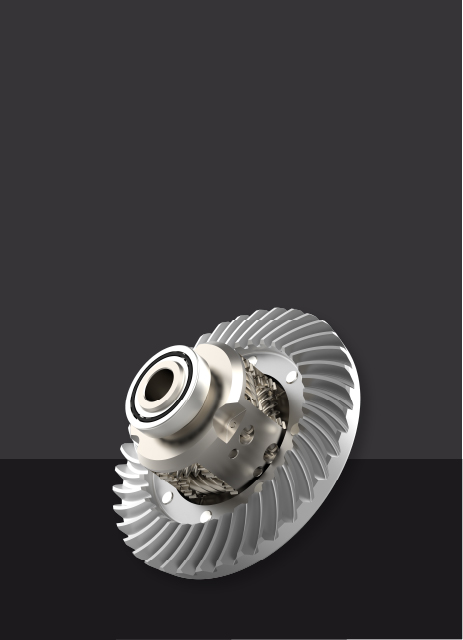
Capabilities
Rapid prototyping and on-demand manufacturing.

Industries
Join thousands of industry leaders driving product innovation with Chiggo.
Medical Devices
Aerospace
Consumer Products
Industrial Equipment
Delivering innovations swiftly and safely to healthcare
Propelling projects from blueprint to takeoff with efficiency
Shaping products that define modern living, from idea to use
Powering progress with advanced machinery for superior productivity

Solutions
A one-stop solution from raw materials to production and product enhancement.

About Us
Discover who we are and how we ensure quality and timely delivery.
About Chiggo
About Delivery
Quality Assurance
Our Factory
Our vision, mission, development history, and dedicated team.
Rapid and efficient turnaround times, optimizing every step from order placement to delivery.
Delivering quality rapid prototyping and on-demand production parts that meet and exceed expectations.
Discover the precision and innovation behind Chiggo with a tour of our factory, available online or on-site.
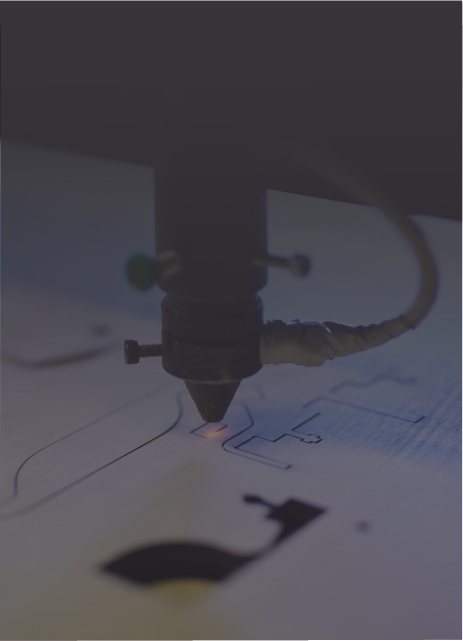
Resource
Everything you need to know about digital manufacturing.
-
Blog
-
Video
Your Trusted Source FactorySince 2011

